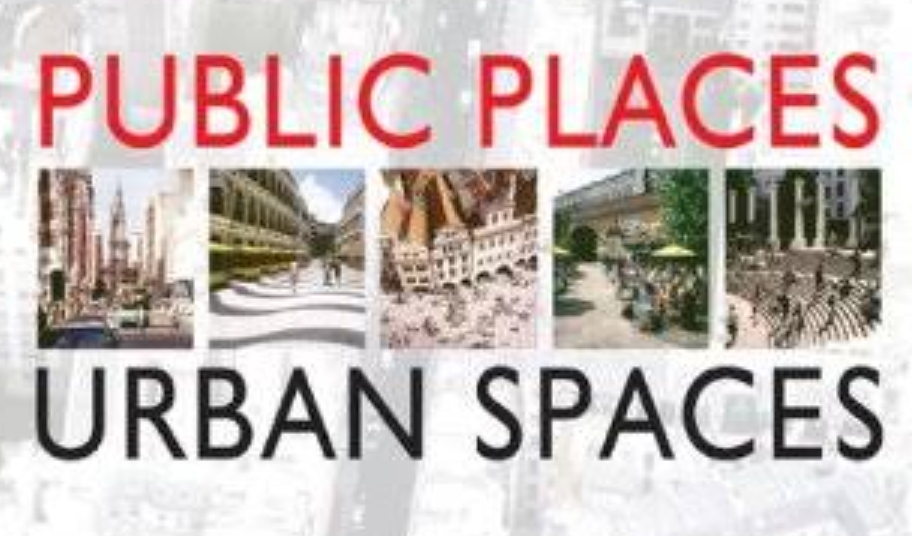
Public Space: Public spaces range in structure from casual traffic intersections to fantastic urban set pieces. At a bigger scope, formal public spaces have long played a significant part as the apparent focuses of settlements of various types and as the concentration for public life, exercises and occasions. At a more limited size, they could basically be some place to rest, hang out, or play while giving a visual respite in the progression of roads through metropolitan regions. They include everything from conventional squares, to coincidental metropolitan spaces, to a scope of new kinds of spaces (for example Cho et al. 2016) that challenge our discernments — genuinely, socially and regarding their administration
Public Space Design Concept: The issue of conveying better open spaces is seen here first through the crystal of arranging since organizers play a basic part to play in the creation and forming of public spaces; a job that shows itself in two unmistakable ways. In the first place, organizers are much of the time the initiators of public space projects, for instance, perceiving the need and potential for new or recovered public spaces specifically areas through the sponsorship of proactive site or region based plans, systems and briefs, or generally reassuring them in arrangement. Second, organizers are the watchmen of how public spaces appear through the administrative cycles of improvement the executives (giving or denying authorization to create).
At this scale, the London research proposed that three key variables ought to be thought of: